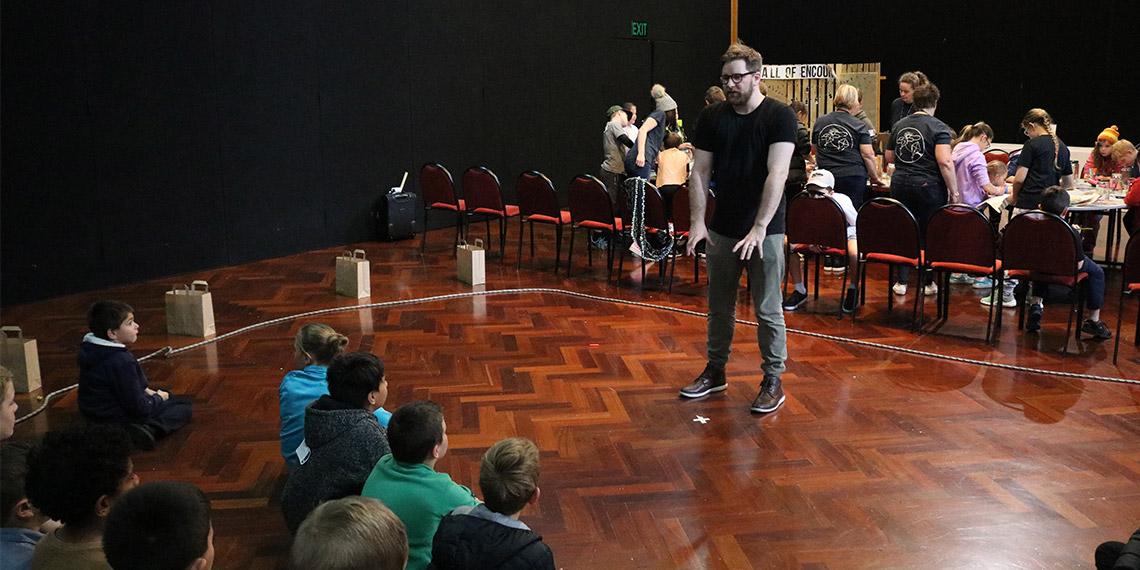You are here
Child Matters—Challenges of Children's Ministry

Children’s and family ministries are relational ministries that provide opportunities for children to express their faith and to support a child’s development. It also provides families with support and resources. It is not a babysitting service. We believe the very real and complex challenges faced by our volunteers and workers require commitment and understanding of the vital mission of imparting the knowledge of God to our children. The Children’s Mission has been asked to share the challenges of children’s ministry. Here are some of the top challenges we all face.
Competition for our children’s time is resulting in less frequent attendance. Where once Sunday mornings were set aside as a spiritual time, it is now a prime spot for primary-aged sports. It is well known that transitions between life stages are drop-off points in faith. As children enter primary school, parents are forced to choose between their child’s faith development in a church setting, or the social and physical benefits of playing team sports. But where churches actively support families outside of Sunday mornings, this minimises the impact.
In an age of competing interests, it’s no surprise that we have rising diagnoses of depression and anxiety in our children—anxiety being the most common mental illness in children. Our nation’s medical providers struggle with the huge numbers of young patients being referred to them. Parents can face lengthy wait times for their child to receive professional care. Our children’s and familys workers and volunteers are often called on to help families navigate the difficulties in caring for children with mental illness. At More Conference 2019, workshops and seminars addressing mental health issues in children and young people were some of the most sought-after training options. We expect there to be an increase in children’s anxiety as a result of the pandemic.
Children’s ministries are built by volunteers. Some corps are in a position to afford a paid children’s and/or family worker, but they still rely heavily on volunteers to run a successful ministry. Finding volunteers can be difficult. It is not unusual for volunteers to resign when leadership changes, which is extremely challenging for those who remain. As many of our volunteers are parents or college students, we find many move on to other ministries or churches as they transition into new stages of life. For parents, this is often when their child becomes a teen; teenage independence means parents want more opportunity to spend time with their spouse or take up new interests—and they deserve the time to do that. For college students, the end of secondary education is often accompanied by moving away for university or work. This regular turnover means children’s ministries are always looking out for volunteers.
Our territory proudly commits to prioritising future generations. The hard work of all our volunteers and paid workers is what makes that statement a reality. Each week, as they build relationships with the children in their communities, they grow the kingdom of God here on earth. Their passion for God, and the service they lovingly provide for our children is truly humbling.
By Bethany Tate